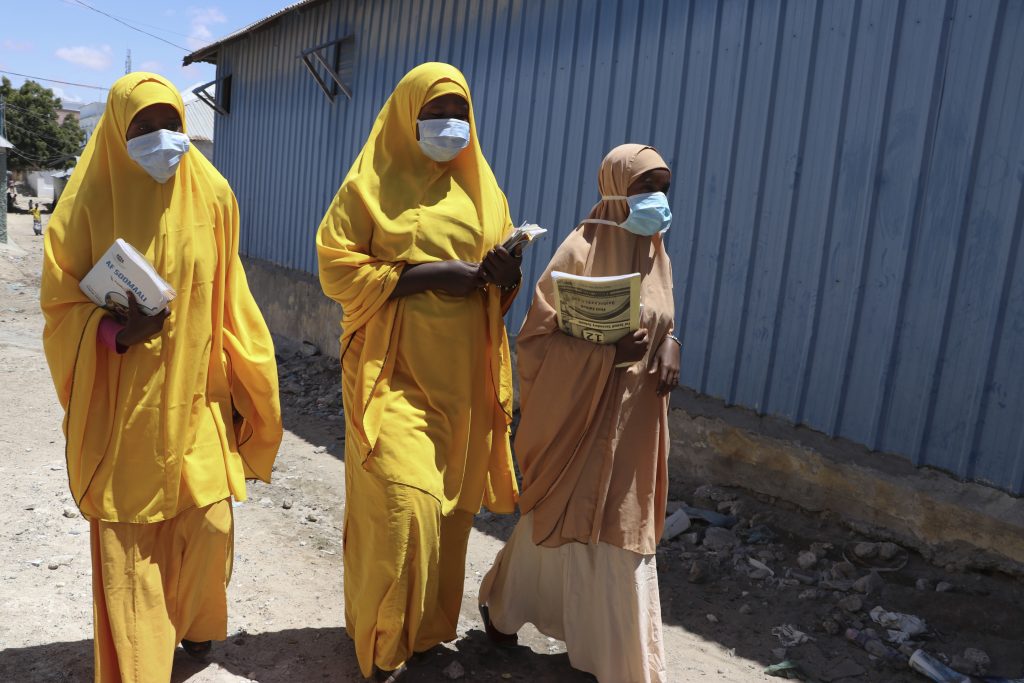São Paulo – The novel coronavirus pandemic will trigger a sharp drop in household incomes in Middle East and North African (MENA) countries that are fragile and in conflict situations, such as Djibouti, Iraq, Lebanon, Sudan, Somalia (pictured above) and Afghanistan, the International Monetary Fund reported on Wednesday (13).
According to the Fund, as export earnings suffer and social distancing reduces domestic activity, incomes will decline—especially for informal and low-skilled workers, including within large internally displaced populations and refugees.
As global incomes fall, remittances—which represent 14% of the economy and serve as a lifeline for many households— are expected to tumble by 20%. The Gross Domestic Product (GDP) in fragile and conflict countries in MENA is expected to shrink by 7% in 2020, from an average growth of 2.6% in 2019.
IMF points out that these countries are already battling high poverty, political instability, weak states, and poor infrastructure. Failure to ease the potential suffering could further aggravate social and political instability and trigger more conflict—adding to the existing humanitarian challenges of countries such as Libya, Syria and Yemen.
The Fund also points out that the outbreak will overwhelm limited healthcare capacity. Fragile and conflict countries in MENA suffer a shortage of medical doctors – 8 per 10,000 people compared to 14 in emerging market and developing economies. A lack of hospital beds and limited access to handwashing facilities, drinking water and sanitation render the protection against the virus an uphill battle.
IMF says that international support is essential to provide medical equipment and healthcare services, as well as to provide some social protection and economic support to lessen the hardship. This could help these countries to avoid a potential increase in conflict. The Fund reports that, along with other financial institutions, it is providing advice and support to address the economic challenges, with Afghanistan, Djibouti, and Yemen already benefitting from emergency financing.
In parallel, the United Nations has begun mobilizing resources for a USD 2 billion emergency plan for fragile and conflict countries and has called for a global ceasefire—to allow for a proper medical response against coronavirus.
Translated by Guilherme Miranda




